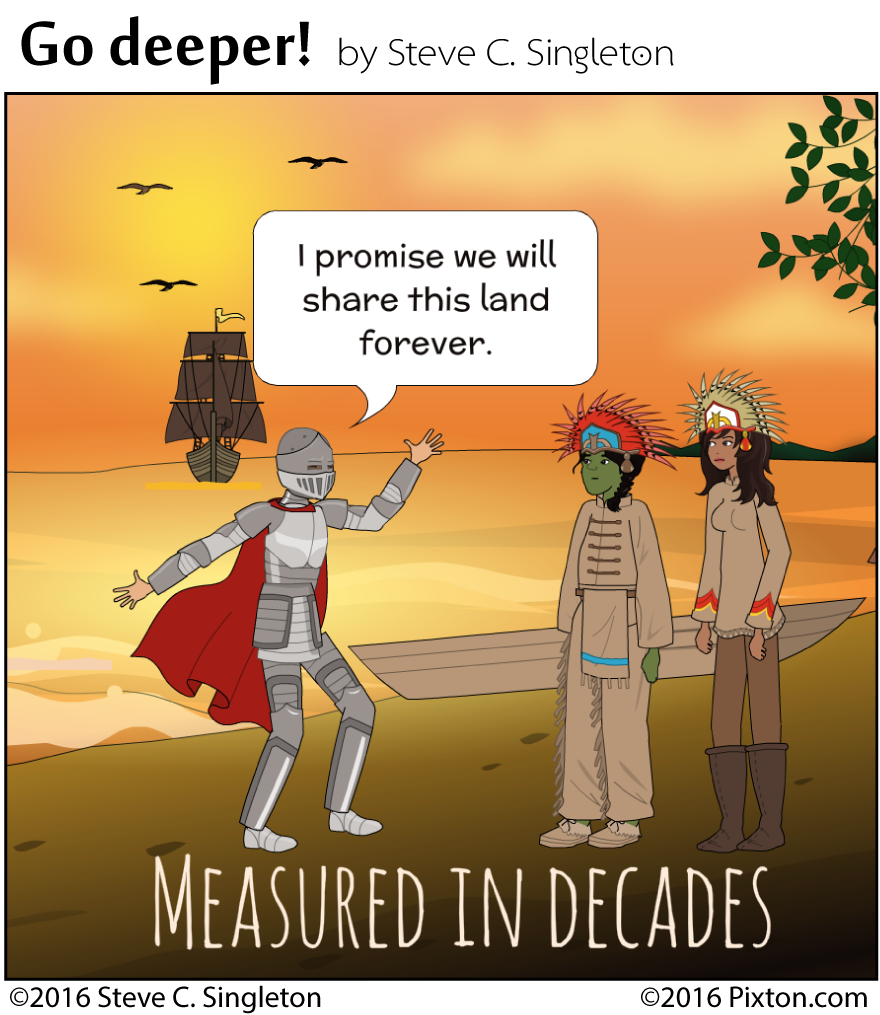How long is forever?
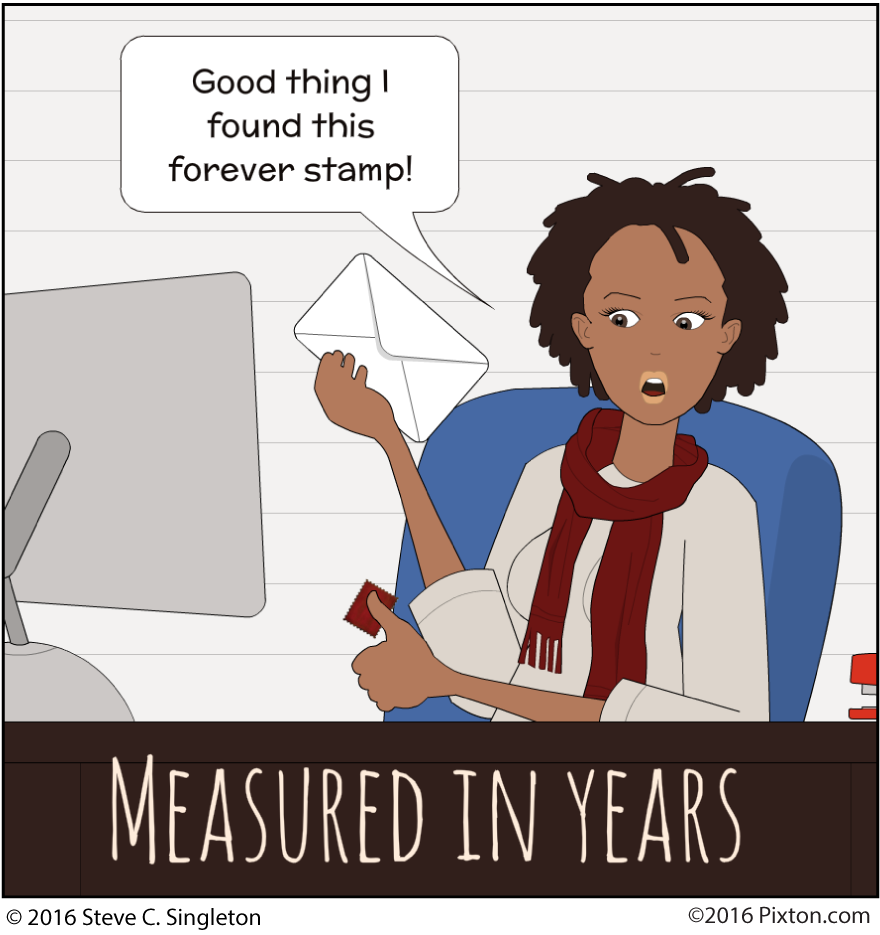

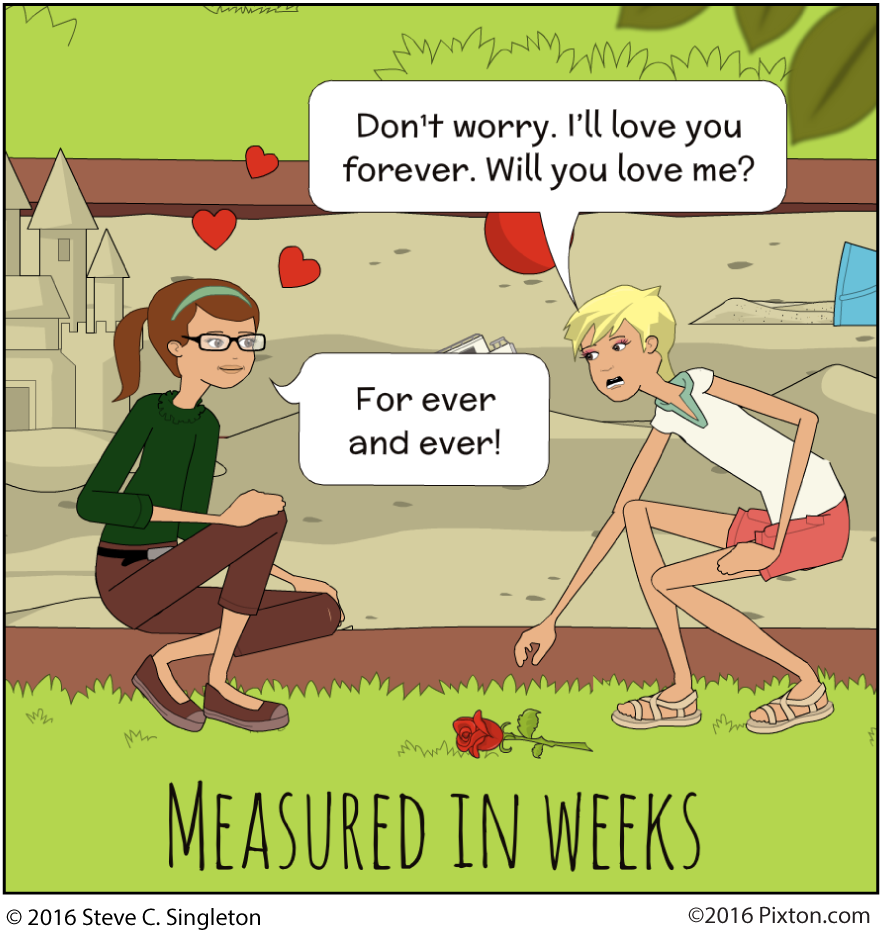
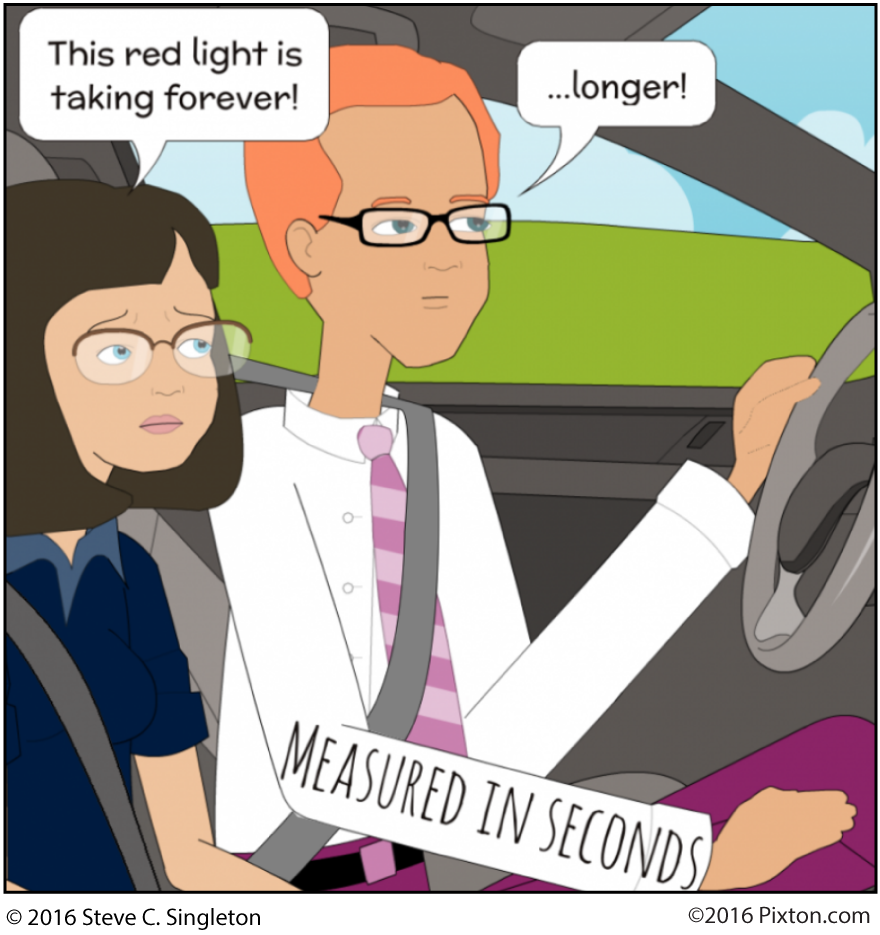
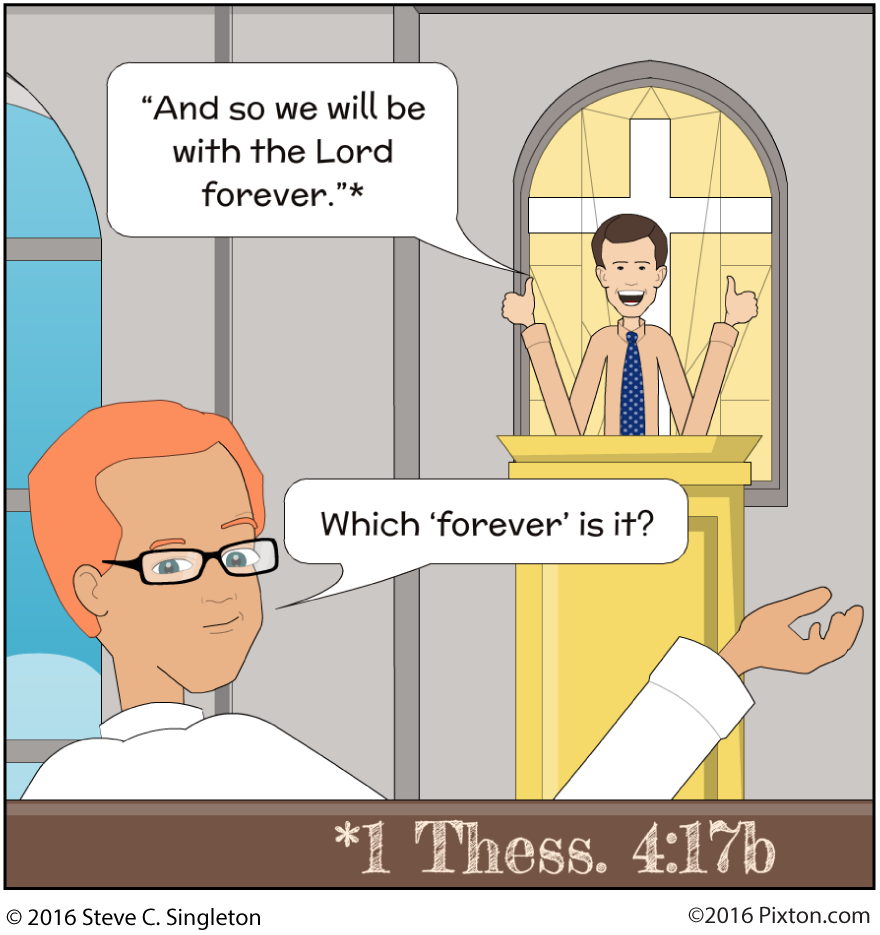 Forever’s contexts
Forever’s contexts
How long is forever? The meaning of the term depends on the context in which it occurs. Our culture, however, plays so fast and loose with this word that it becomes difficult to define what it means. Sometimes it can mean a time period stretching indefinitely into the future, as when an explorer makes a treaty with the native people, promising, “We will share this land with you forever.” In other contexts, characterized by unexpected and unwelcome waiting, ‘forever’ has a subjective connotation that the wait will be endless. And sometimes, we are little surprised to find a distinct difference between what the speaker intends by ‘forever’ and what the listener perceives as its meaning.
Hebrew word for ‘forever’
The Hebrew word for ‘forever’ is ‘olam. The Brown-Driver-Briggs Hebrew lexicon (761-763) offers 13 definitions, and 14 sub-definitions. In a context of past time, its basic meaning is ancient (e.g., Ezekiel 25:15; and Ezekiel 35:5).
Meaning 1: for a lifetime
When referring to the future, however, it sometimes means ‘for the rest of [one’s] life,’ as in the last verse of the famous “Shepherd’s Psalm” (Psalm 23:6), which displays parallelism between “all the days of my life” and “forever.” In Deuteronomy 15:17, a person agrees to be a slave “forever” (that is, for life). In Psalm 89:1, the psalmist’s expresses his desire to sing to the Lord “forever” (i.e., for the rest of his life). In 1 Samuel 1:22, Hannah tells her husband that their son will live at the tabernacle “forever.” From a limited perspective, ‘forever’ would mean as long as life endures. In Jeremiah 20:17, the prophet wishes he had died in the womb, his mother always pregnant. Even in passages in which the phrase ‘now and forever’ occurs (e.g., Psalm 115:18; 121:8; 125:2; 131:3), the meaning might be ‘from now on’ (i.e., for the rest of our lives).
Meaning 2: its length is condition-dependent
When God makes a “forever” covenant with Israel, promising, for instance, that the Temple will bear His Name “forever” (1 Kings 9:3; 2 Chronicles 7:16), we must understand such promises in the light of stated conditions (see Deuteronomy 28-29 and Leviticus 26) and the historical destruction of Solomon’s Temple in 586 B.C.E.
As John T Willis (“Mediating,” 42-43) points out, even when in Genesis 13:15, God specifically promises Abraham that He will give the land to him and his offspring “forever” (Heb. ‘olam), we need not demand that the promise is unconditional. The promise is recorded in Joshua 21:43-45 as reaching a complete fulfillment, though Israel lost the land to the Assyrians and Babylonians (in 721 and 586 B.C.E., respectively).
Willis (46-47) states that the term ‘olam usually means an indefinitely long period, as is clear in its use, for example, in Exodus 21:6 and 1 Samuel 1:22. Only rarely, as in Psalm 90:2, does it mean “endless time,” the distinction being dependent on the context.
In the case of Jeremiah’s prophecy that Levitical priests will never fail serve the Lord, God says:
If you can break my covenant with the day and my covenant with the night, so that day and night no longer come at their appointed time, then my covenant with David my servant—and my covenant with the Levites who are priests ministering before me—can be broken and David will no longer have a descendent to reign on his throne. I will make the descendants of David my servant and the Levites who minister before me as countless as the stars in the sky and as measureless as the sand on the seashore (Jeremiah 33:20-22).
It would seem that if ever we could find support for an unconditional promise, we would have it in this passage. Yet Hebrews 7:11-19 establishes that Christ’s appointment as high priest after the order of Melchizedek has replaced the Levitical priesthood, signaling also a change of covenants.
Meaning 3: timeless and unconditional
In other passages, however, ’olam seems to have the meaning of unending time, as in Psalm 89:28:
I will maintain my love to him forever,
and my covenant with him will never fail.
I will establish his line forever,
his throne as long as the heavens endure.
Definitely in passages like Psalm 90:2, ’olam has the meaning we usually attribute to the literal meaning of the term ‘forever.’ It contemplates to eternities: one stretching out infinitely into the past the other unendingly into the future. (See also Psalm 103:17; 1 Chronicles 16:36; Psalm 106:48; Nehemiah 9:5; 1 Chronicles 29:10; and Psalm 41:13.)
New Testament meanings
The Greek equivalent of ’olam is aiōn, which has a similar range of meanings. Its basic meaning is age in the sense of eon. The New Testament seems to employ aiōn, and its cognate adjectival form aiōnios, in the sense of ‘forever’ and ‘eternal,’ respectively. That is, it nearly always has the sense of infinite time, rather than more limited senses, such as ‘for the rest of one’s life’ or ‘indefinitely long [but not infinite] period of time.’ See especially the occurrences of ‘eternal’ and ‘forever’ in the Johannine literature, such as John 3:15-16; John 4:14; John 12:34; 1 John 5:11,13,20; and Rev. 11:15.
Here is a listing of all of the occurrences of aiōn and aiōnios in the New Testament so that you can search out meanings on your own.
Want to go deeper?
John T. Willis. “Mediating Conditional and Unconditional Promises in the Hebrew Bible.” Restoration Quarterly 54, 1 (January 1, 2012): 39-47.
Jeff Benner. “‘olam.” Entry in Ancient Hebrew Dictionary (accessed 6/11/16 at ancient-hebrew.org/dictionary/modern-ayin.html).
James Barr. Biblical Words for Time. (Studies in Biblical Theology) 2d ed. Naperville, Ill.: Alec R. Allenson, 1969. “We might… best state the ‘basic meaning’ [of ‘olam] as a kind of range between ‘remotest time’ and ‘perpetuity’ ” (73). Sample is available here.
See also the discussions of ‘olam and aiōn in the standard dictionaries: Theological Dictionary of the Old Testament (5:1144-1159), Theological Wordbook of the Old Testament (673), Theological Dictionary of the New Testament (1:197-209), and New International Dictionary of New Testament Theology (3:825-833).

